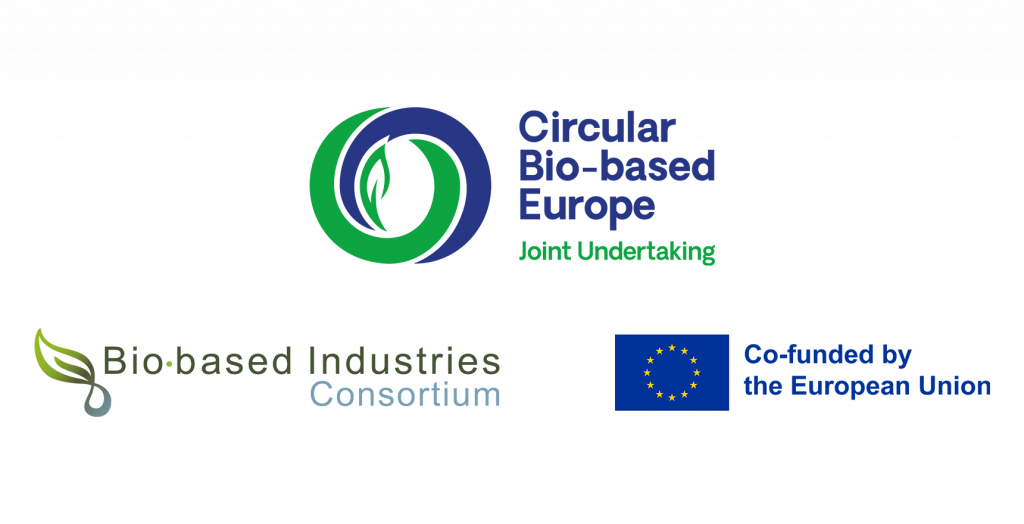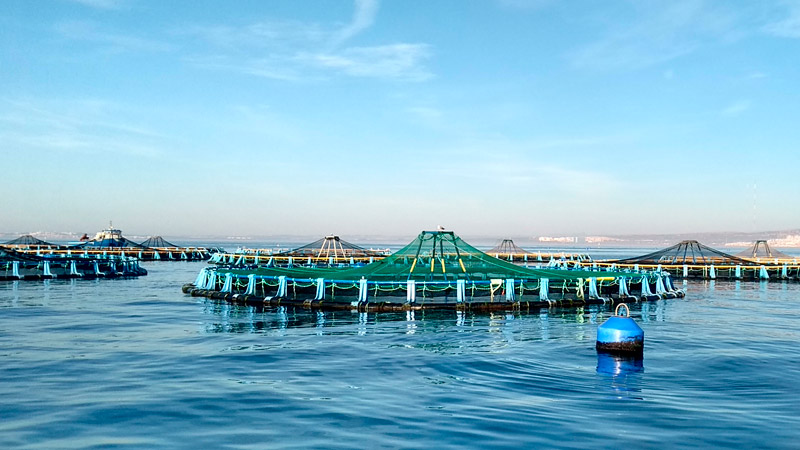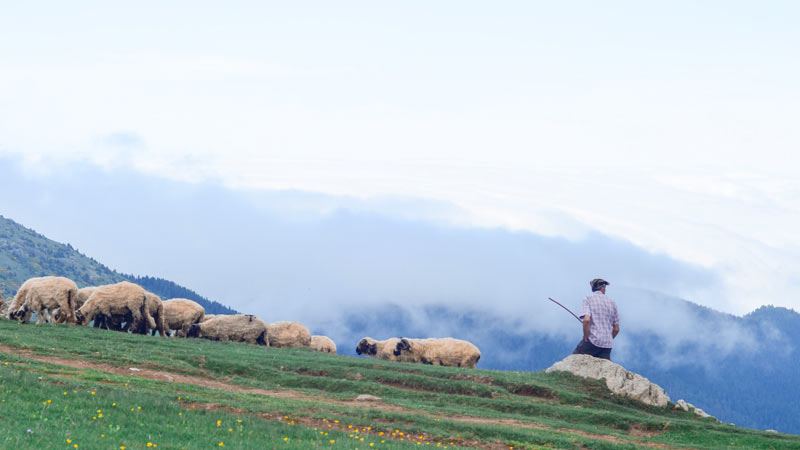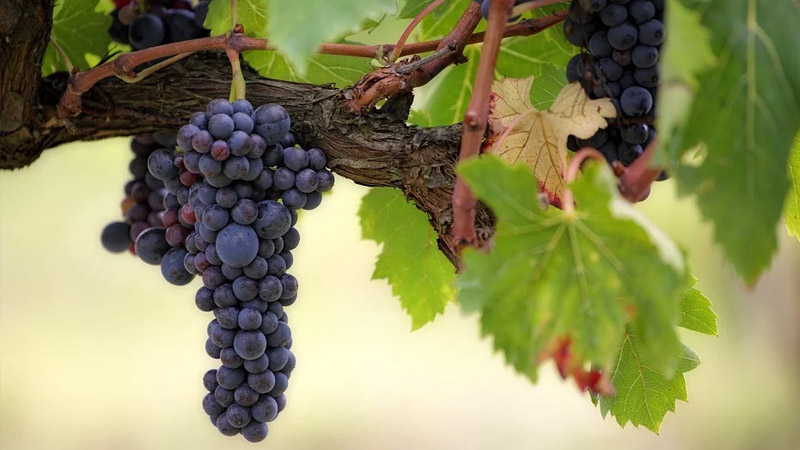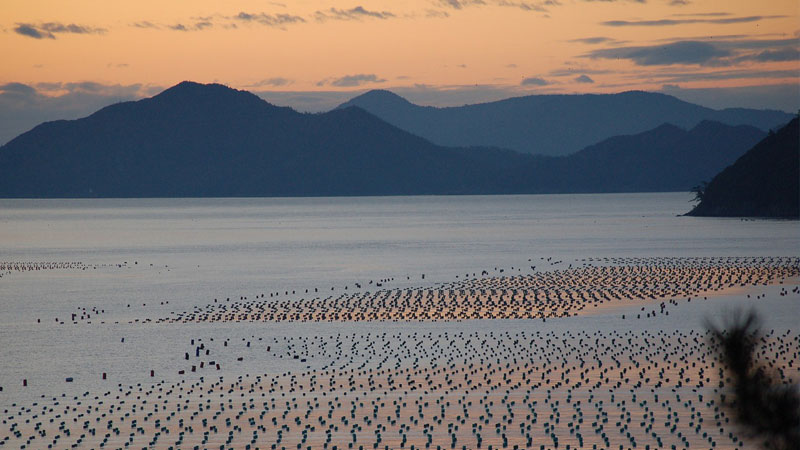LANDFEED
Unlocking efficient bio-based fertilisers for soil sustainability from underutilised side streams

Summary
Modern agriculture relies heavily on fertilisers to help plants grow and keep crop yields high. Most of them are however made of non-renewable resources and require energy-intensive production with considerable environmental impacts, which call for a shift towards sustainable practices.
LANDFEED aims to create new bio-based fertilisers by using underutilised waste from the agro-food industry, forestry, as well as urban and natural sources as feedstock. The project will also develop coatings for these bio-based fertilisers to improve nutrient release mechanisms, thus contributing to lower greenhouse gas emissions and reduced impact on water resources.
LANDFEED will ensure that the project’s solutions and results are locally driven through various use cases serving as lighthouses, demonstrating and disseminating project technologies and applications across the value chain. These use cases will contribute to soil health restoration and biodiversity enhancement, aligning with the EU Soil Strategy objectives. Moreover, a global business model will maximise the replicability of these cases, aiding their implementation in other European regions.
Objectives
A sustainable agricultural strategy requires collaboration between the fertiliser and farming sectors to mobilise underutilised waste streams and transition to renewable nutrients. In this sense, LANDFEED aims to:
- Make use of underexploited bio-wastes in the fertiliser value chain, involving all stakeholders – waste providers, fertiliser companies, end-users, and farms, among others.
- Produce, validate, and demonstrate 10 new innovative bio-based fertilisers at competitive prices, with an expected production and sale of 580,000 tonnes within 10 years from their market introduction, thereby enhancing the European biofertiliser market positioning.
- Improve the sustainability of fertilisers and agricultural management, while additionally reducing nutrient losses to the environment by using solutions that prevent water pollution and do not produce impurities in soil.
- Reduce the environmental impact of the fertiliser value chain by cutting nutrient extraction’s environmental footprint by 20%.
- Enhance the safety, sustainability, and reliability of the fertiliser market by using bio-wastes from various sources, improving fertiliser equivalence value, as well as creating safe, user-friendly products for farmers.
- Maximise innovation synergies to demonstrate new products by closely working with stakeholders from five different geographical areas (Spain, Italy, France, Poland, and Greece) to increase their acceptance and establish a feasible commercial exploitation plan for the profitable use of the results.
- Establish EU-level certification guidelines and quality standards, while additionally raising awareness among farmers and end-users about the effectiveness of new fertiliser products to boost crop production.
- Enable the scale-up of industrial processes focused on the production of large volumes of biowaste fertilisers.
- Maximise the medium- and long-term impact by disseminating project results to relevant stakeholders through a tailored communication strategy to facilitate swift industrial uptake.
Expected impacts
LANDFEED’s expected impacts include:
- Ensuring circularity in processes and value chains by optimising and replicating innovative technologies for recovering nutrients from waste.
- Generating high-quality new knowledge to unlock new bio-based fertilisers from underexploited sources.
- Enabling the use of underexploited sources, such as agri-food residues (dairy, olive oil industry, orange industry, fish, and meat); food waste; sewage sludge (both industrial and non-industrial wastewater treatment plants); sludge from freshwater fish farms; waste from anaerobic digestion, residual paste (microalgae), and natural resources such as volcanic ashes, for bio-based products.
- Accelerating the transition towards climate neutrality and enhanced circularity in the European bio-based sector by improving efficient sourcing, cost-effective logistics, and agronomic characterisation.
- Producing 95,000 tonnes of bio-based fertilisers with €245.35 million in sales per year, contributing to a competitive EU bioeconomy for a sustainable future.
- Reducing Europe’s reliance on non-renewable fossil resources and mineral reserves, while additionally mitigating climate change impacts and facilitating Europe’s shift towards a circular economy.
- Promoting sustainable economic growth and soil health across 3.9 million hectares; creating 150 new jobs through a robust bio-based innovation ecosystem.
- Aligning with European policies and strategies, contributing to sustainable feedstock supply and scaling up bio-based products markets.
- Creating a real internal market for secondary raw materials of biological origin in the EU.
| Partners |
(Coo) – NEIKER (Basque Institute of Agricultural Research and Development), AZTI, CATAR (Catar Critt Agroressources), NTUA (National Technical University of Athens), UNICT (University of Catania), WUST (Wroclaw University of Science and Technology), INRAE (National Research Institue for Agriculture, Food, and the Environment), INRAE-T (INRAE Transfert SAS), CRES (Centre for Renevable Energy Sources and Saving Foundation), IUNG (Institute of Soil Science and Plant Cultivation State Research Institute), INPT (Institut National Polytechnique de Toulouse), ENEA (Italian national agerncy for new technologies, energy, and sustainable economic development), KOLLVIK (Kollvik Recycling), AUSOLAN, IATRIDIS (Konstantinos Iatridis), ISPEGUY (Sarl Pisciculture D’Ispeguy), FERTINAGRO, CAPA (Pyrénées Atlantiques Chamber of Agriculture), LCI (Laser Consult Kft.), ESCI (European Science Communication Institute), ZABALA |
| Duration |
2024-2028 |
| Funding |
Co-funded by the European Union |
